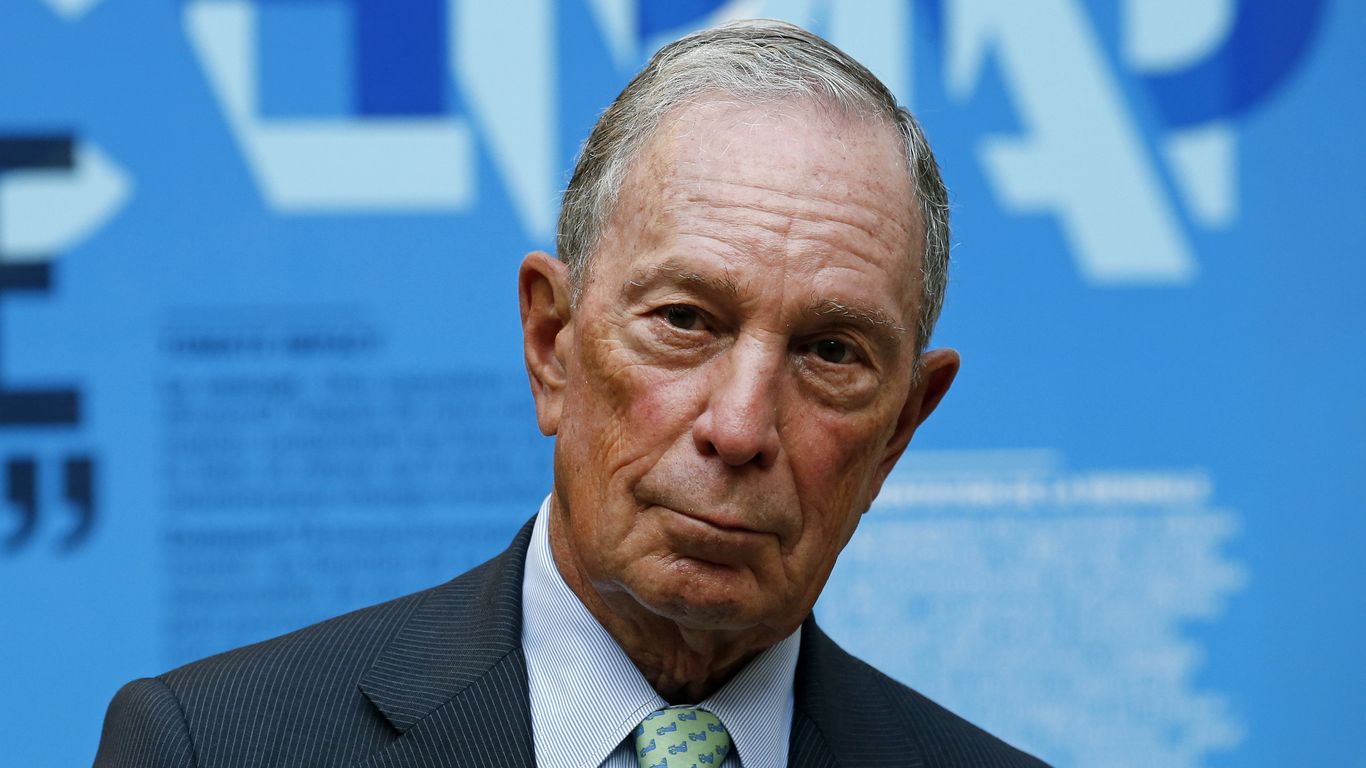On the other hand most of the news about the news biz IS dreadful, and because of consolidations.
Another newspaper printing plant bites the dust. This one is in Rochester, NY.
The latest "local newspaper" metamorphosis into death by a thousand cuts --administered by some parent company owned by a hedge fund that's sometimes owned by a multinational conglomerate-- is not just by cuts to the newsroom staff (which has occurred to the point where one more cut means there is no reporter in some cases) but by closing local printing plants -- thus laying off those workers, usually up to a hundred or so, possibly more-- and printing the papers instead at some centralized printing facility that may be four or five hundred miles away.
What happens in order to continue (or try anyway) to get the paper to the local distribution points in timely fashion is that the hardcopy of the paper is "put to bed" up to eight hours earlier... on the casually proffered grounds that people mostly get their breaking news on a phone or computer anyway, so that hard copy newspapers can "continue" to provide feature articles of interest to local communities. Right. And so those local communities can start providing copy themselves, as amateur reporters, with a "contributed" byline.
There's no shame in the newspaper biz any more. None whatsoever. It's all cost-cutting and asset stripping now, and when the last subscriber hollers uncle because everything in the paper is either off a wire service or made up by their next door neighbor for $35 a column, then the husk of that "news" paper is shunted off to some vulture capital outfit that might be able to flip the lease for the "newsroom" space for a profit, and rent a broom closet for the editor and ad sales rep to work in.
Anyway the 108 printing employees at the Rochester (NY) Democrat and Chronicle have just been notified they will be laid off when their jobs are eliminated in April. The paper will be printed 400 miles away in northern New Jersey and trucked to Rochester overnight.
Source (paywalled (but you get a few article views for free):
The Democrat and Chronicle printing plant at Canal Ponds Business Park in Greece is going to be shuttered in April.
www.democratandchronicle.com
This is all a consequence of the newspaper chain owner Gannett having been sold in 2019 as summarized below. Well at least it took almost four years for the new owners to get around to stripping the Rochester paper's assets down to almost nothing. You can currently get a digital-only sub to that paper for 99c per month for "a year" -- if it lasts that long. The sole purpose of such a low promo rate is to jack up the subscriber count for ad revenue purposes. Sigh.... and you get about what you pay for.
Some background (from Wikipedia piece on Gannett)
"On August 5, 2019, New Media Investment Group, parent of GateHouse Media, announced that it would acquire Gannett. New Media Investment Group is managed and controlled by another private equity firm, Fortress Investment Group. Fortress is owned by the Japanese conglomerate Softbank.
Apollo Global Management funded the acquisition with a $1.792 billion loan. The combined company assumed the Gannett name rather than GateHouse name, and Michael E. Reed, the CEO of GateHouse's parent company, was named CEO. The new management team immediately announced it would target "inefficiencies," which could lead to cutbacks at newspapers and reduction in newspaper staff."

 www.axios.com
www.axios.com




